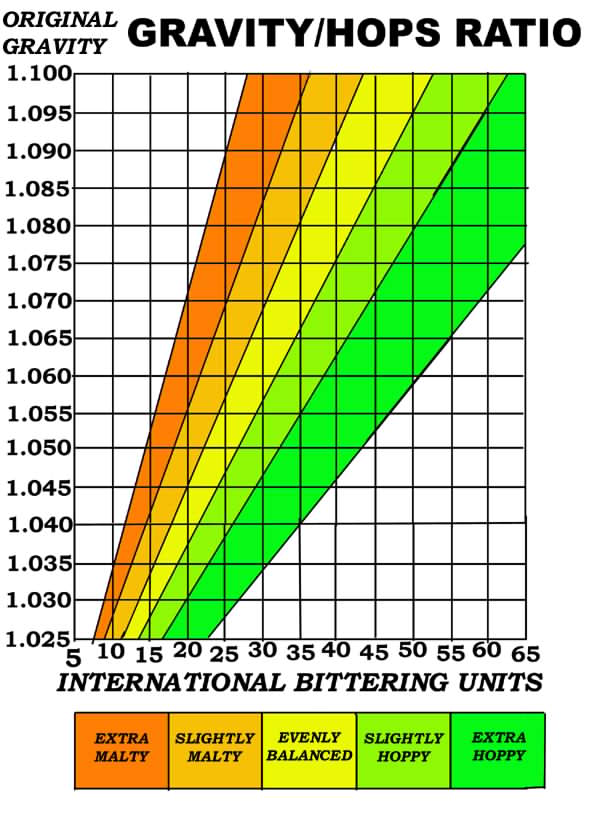Software will help you hit the numbers, but it doesn't tell the whole story. Here are a couple easy "quality assurance" checks you can do to eliminate some common rookie mistakes:
- Basic grain bill proportions: Good recipes are usually 80-100% base malt / adjuncts (or light extract). If you're using more than 20% specialty malts, you're probably going astray. If you're using highly kilned grains (patent, chocolate, roasted barley) limit them to 10%. Also use simple sugars judiciously. Most don't do anything but dry out the beer and add alcohol. Unless that's what you want to do, stick to all-malt.
- Make sure it mashes: If you're all-grain, you're set. But for extract recipes, make sure you're not steeping something that requires a mash. Oats are a common offender here.
- Keep it simple: I once saw a recipe posted on here that had bourbon, oak, smoke, chocolate, cherries, and coffee. Way too much going on there. If you're going to go outside of the "big 4" ingredients, start with one at a time.
- Keep it balanced: Hoppy doesn't necessarily mean high IBU. Your taste buds max out somewhere around 70 IBU anyway. If you want to make something with a lot of hop character, throttle back on the bittering hops and shift them to late additions and/or dry-hop. I find the chart below to be pretty helpful in designing my beers:
Other than that, have fun and take good notes. Nothing's worse than brewing a great batch and not knowing how to replicate it.



